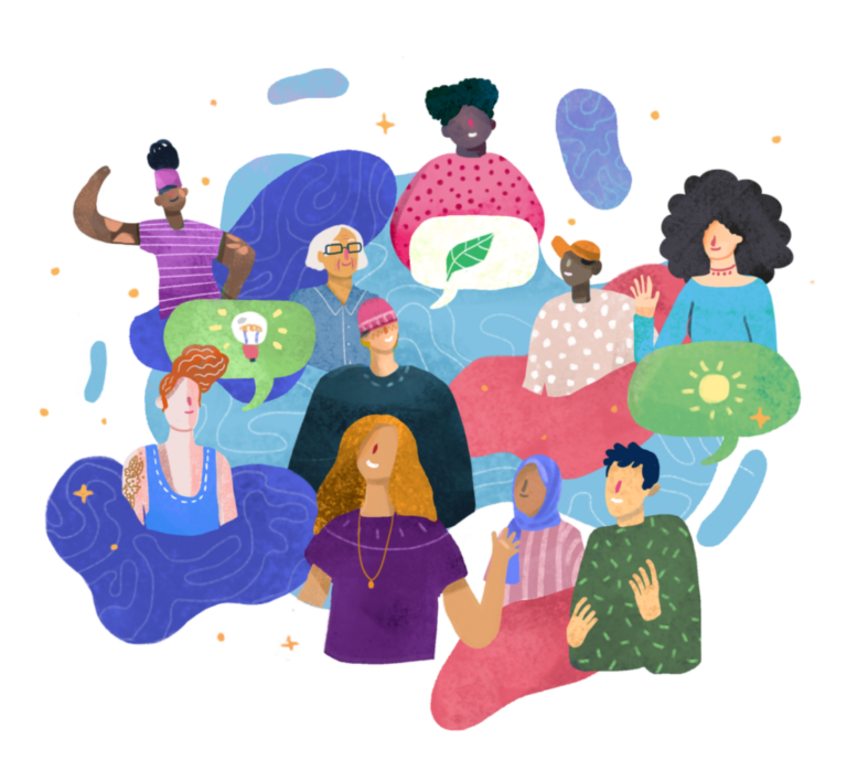SCALINGS
Scaling up Co-Creation: Pathways and Challenges for Socially Robust Innovation in Europe
Funding: European Commission
SCALINGS Roadmap

SCALINGS Roadmap
As part of SCALINGS, we have conducted research about co-creative innovation practices across countries, instruments and technological domains, with the explicit aim to create a policy roadmap for co-creation in Europe. In this roadmap, we consider co-creation in the context of some of the key challenges Europe is facing today, such as growing social inequality and questions of how to ensure the social and political participation of members of the public regardless of their socio-economic position.
The roadmap is an interactive web-application aimed at different stakeholders.
The project
What does “co-creating innovation” mean? How can we scale up co-creation in a socially robust way? And what can policy makers do to promote responsible innovation throughout Europe? These are the questions we are addressing in the Horizon 2020 project "SCALINGS".
We question "one-size-fits-all" solutions for social challenges. Instead, we seek to promote innovative practices that consider the social, cultural and regulatory context in which they are embedded.
But what exactly is co-creation? And what does “scaling up” mean?
Co-creation describes the joint creation process of several people or groups, e.g. a collaboration between companies, universities, political decision makers and citizens. A typical "co-creation innovation process" may involve members of a start-up company deciding to develop an innovative product, e.g. a 2-Line Power Kite, new LEGO-Creations or Smart-Home products. A university then shares her resources with the creators. Additionally, end users are invited to participate in the creation process.
“Scaling” means to change something in size; “scaling up” therefore describes the enlargement of something. In terms of co-creation “scaling up” means, that models that have worked well in one place (e.g. a test track in rural Hungary) should also be implemented elsewhere (e.g. a large city like Wrocław).
However, co-creation processes are always dependent on their specific conditions and therefore cannot be enlarged at will. What works out well in Leoben doesn’t necessarily have to be useful in London. Nonetheless, there are certain factors that successful co-creation projects have in common. SCALINGS attempts to identify these success factors so that the co-creation processes also work when they are used at larger scale.
How do we do that?
The project consists of ten partner institutions from nine European countries. These include the Technical University Munich (DE), the Eindhoven University of Technology (NL), the Wroclaw University of Economics and Business (PL) or the Imperial College London (UK).
37 experts from different disciplines, such as Science and Technology Studies (STS), Anthropology, Philosophy and Law are investigating different instruments of co-creation. The focus lies within co-creation in the fields of robotics, urban energy and autonomous driving. The interdisciplinary composition of the team gives us the opportunity to look at complicated problems from different angles.
So, what is our goal?
SCALINGS is aimed at citizens, political decision makers and companies.
Citizens should be given the necessary tools to independently initiate and implement co-creation processes. Political decision makers are supported in the EU-wide implementation of framework conditions for co-creation by our policy roadmap. Industry and companies can benefit from the toolkit for successful co-creation.
This project has received funding from the European Union’s Horizon 2020 research and innovation programme under Grant Agreement 788359.
